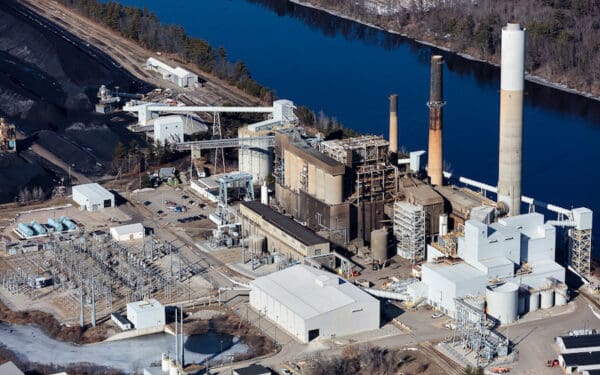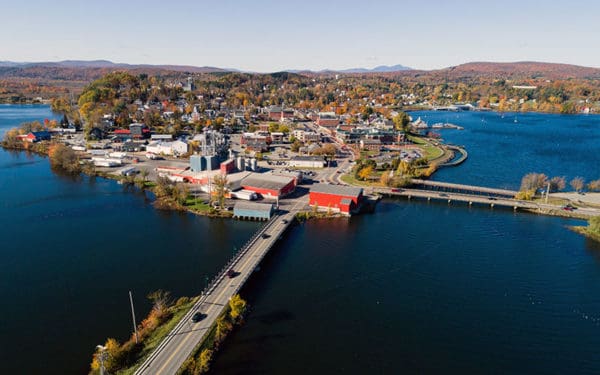Say Goodbye to New England’s Last Two Coal-Fired Power Plants
New England’s last two coal-fired power plants will close by 2028 and the region will finally be free of this polluting, toxic, climate-changing fuel.

New England’s last two coal-fired power plants will close by 2028 and the region will finally be free of this polluting, toxic, climate-changing fuel.

The carbon footprint concept was a clever marketing tool used by fossil fuel companies to spread the blame on carbon pollution.

Adam comes to CLF from working as a litigator at firms in Burlington, Vermont, and Boston, where he practiced in the white collar and governmental investigations, data privacy, and commercial disputes groups. Adam earned a B.A. in Government from Georgetown University and a M.S.Ed. from Hunter College. He worked for more than a decade as… Continue reading Adam Aguirre

The answer boils down to our over-dependence on fossil fuels.

CLF is creating climate policies that will dramatically cut carbon emissions, particularly in polluting sectors like transportation.

“This is exactly the type of calamity that community members feared,” said CLF attorney Nora Bosworth. “Casella has a responsibility to ensure the health and safety of the community in all of its operations. The company has failed in that duty.”

Climate deniers and fossil fuel interests are quietly fueling an anti-offshore wind misinformation campaign

In most states, bottle return programs don’t cover wine bottles. So, our options for recycling them are limited. That means they end up mixed with trash or littering our communities. But there’s a simple solution: expand bottle bills.

“Judy Chang’s nomination sends a strong signal that the White House is committed to sound energy policy, a just transition to clean energy, and openness to reforms that would make FERC a full partner in protecting both the environment and the economy in the energy transition now underway,” said Brad Campbell, President of Conservation Law Foundation. “Regardless of who is appointed, we will be at the table urging the Commission to stop the unrelenting expansion of fossil fuel infrastructure that FERC historically has encouraged.”

When Vermont first passed its bottle bill back in 1973, the program was a revolutionary tool to slash litter and boost recycling rates. Today, the program covers less than half of the drinks on store shelves. It’s time for an update
